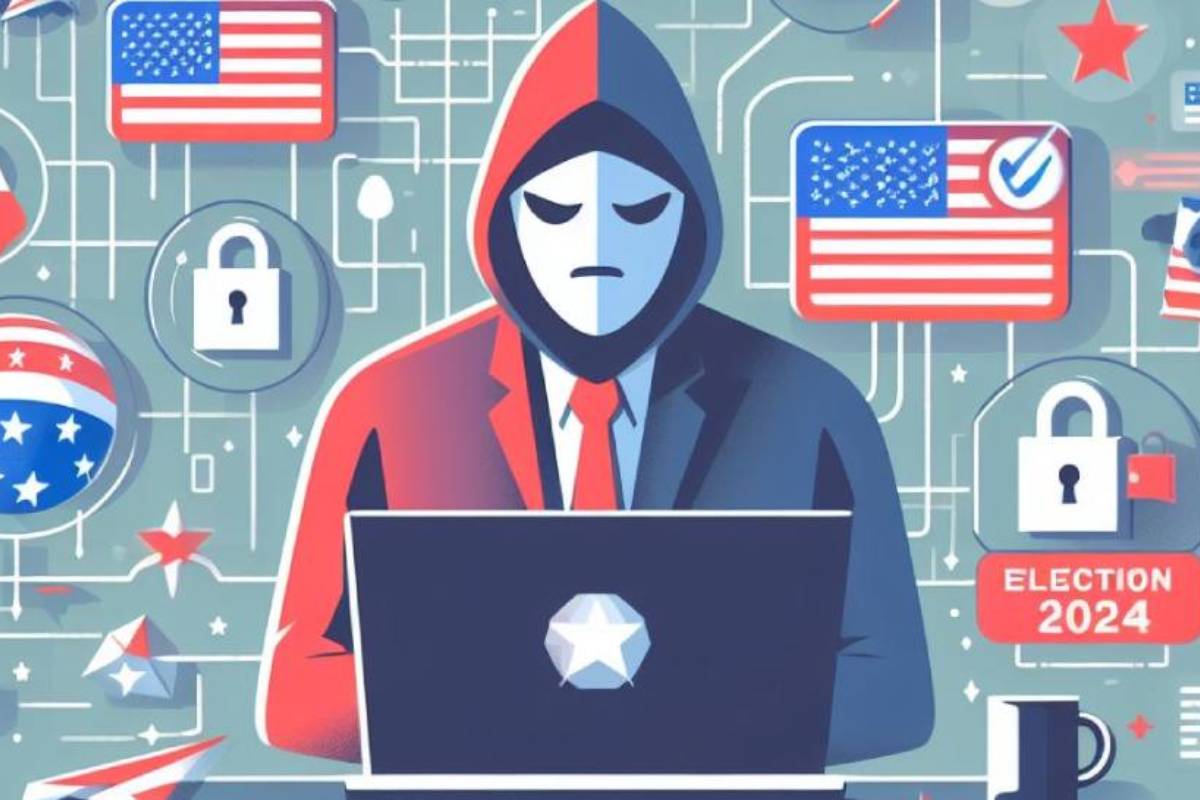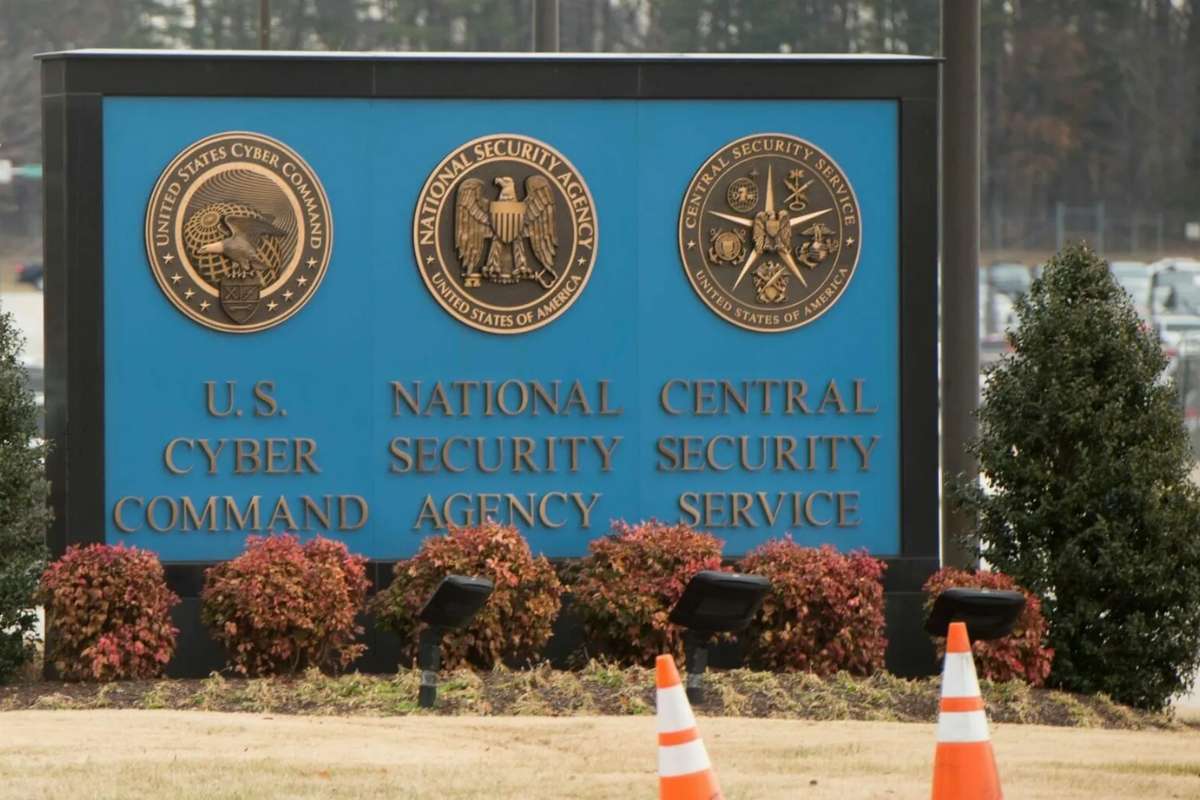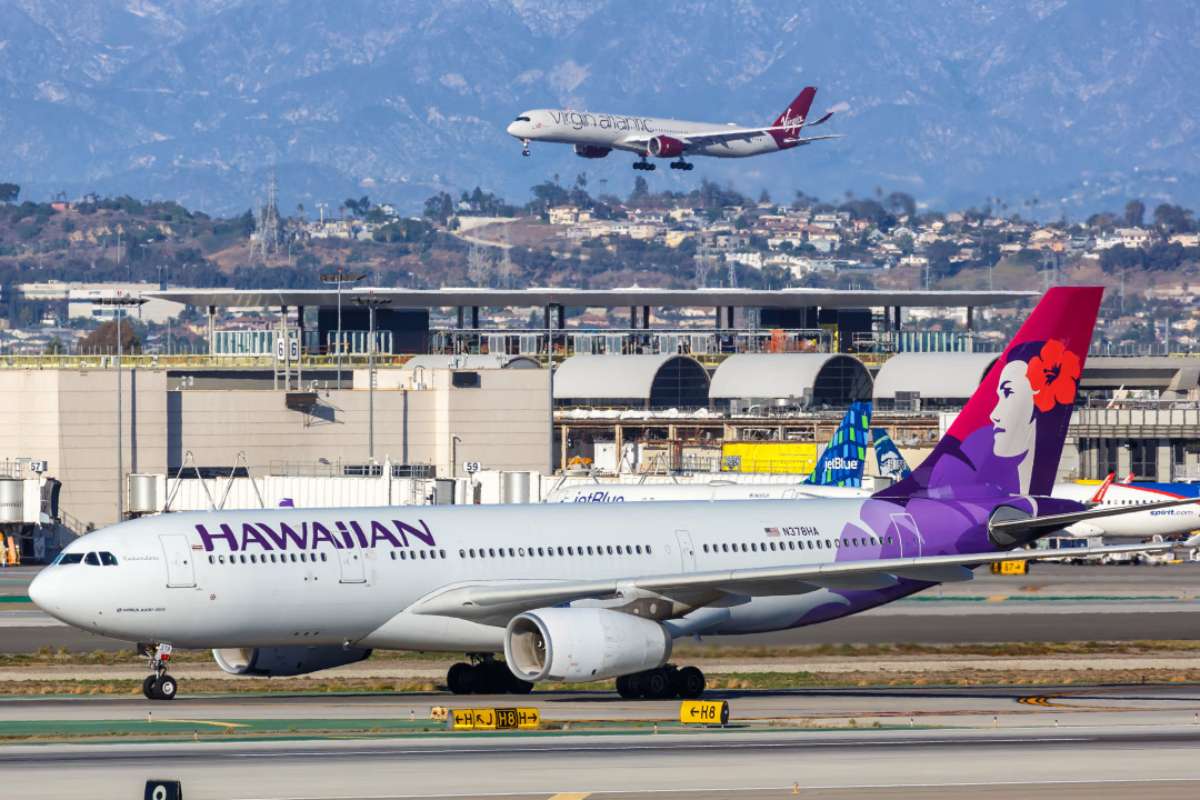Source – duocircle.com
As the U.S. prepares for its upcoming presidential election, a recent poll indicates that cybersecurity will be a major challenge for the incoming administration. Conducted by Security Systems News (SSN) in November, the poll surveyed readers on the most pressing security issues the next U.S. president will face, revealing that concerns over cybersecurity threats are paramount.
Cybersecurity Tops List of Security Concerns
According to the poll, 38.71% of respondents identified cybersecurity threats as the most significant challenge the next U.S. president must address in 2025. One respondent noted, “Cybersecurity challenges from major global powers and economic stability are all equal and significant challenges that will need to be addressed.” The growing sophistication of cyberattacks from international adversaries, coupled with domestic security vulnerabilities, highlights the increasing need for enhanced digital protections.
Following cybersecurity, terrorism was the second-largest concern, with 32.26% of voters citing it as a major issue for the new administration. One reader expressed concerns over border security, commenting that “our current open borders are the greatest threat.” Other concerns included supply chain vulnerabilities (19.35%) and school safety (9.68%), rounding out the list of priorities for the incoming U.S. president.
Cybersecurity and AI Expected to Lead in Protecting the Nation
The poll also explored which security technologies would have the most impact in safeguarding the U.S. over the next four years. Once again, cybersecurity emerged as the leading technology, with 58.06% of respondents affirming its importance. As cyberattacks grow more frequent and complex, many believe that robust cybersecurity measures will be critical to national security.
Artificial intelligence (AI) and machine learning were the second most highly regarded technologies, receiving 35.48% of the vote. These innovations are seen as pivotal in enhancing security capabilities and predicting potential threats. Meanwhile, only 6.45% of respondents voted for drones as impactful security tools, and none viewed biometrics or facial recognition as having significant potential in the near future.
Economic Stability and Global Relations Shape Security Landscape
When asked about the most critical factors shaping the security landscape under the new administration, voters offered varied perspectives. A significant 32.26% of respondents pointed to economic stability—specifically inflation, recession risks, and supply chain vulnerabilities—as the most influential factor for the incoming U.S. president. Economic pressures are expected to challenge the administration’s ability to invest in security infrastructure.
Additionally, 29.03% of respondents emphasized the importance of managing relationships and rivalries with global powers like China and Russia, indicating that foreign relations will heavily influence the security agenda. The remaining votes were divided between two key areas: 19.35% believed that advancements in AI and cybersecurity would shape the landscape, while an equal percentage pointed to the ongoing threat of domestic and international terrorism.
As the next U.S. president prepares to take office, the challenges of safeguarding the nation are vast and complex, with cybersecurity emerging as the foremost concern among experts. Economic pressures, foreign relations, and technological advances will also play critical roles in shaping the country’s security policies in the coming years.






